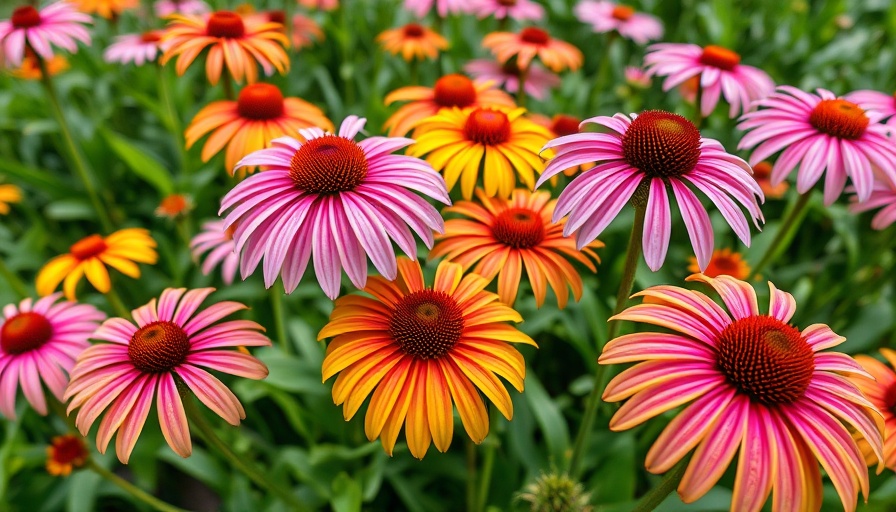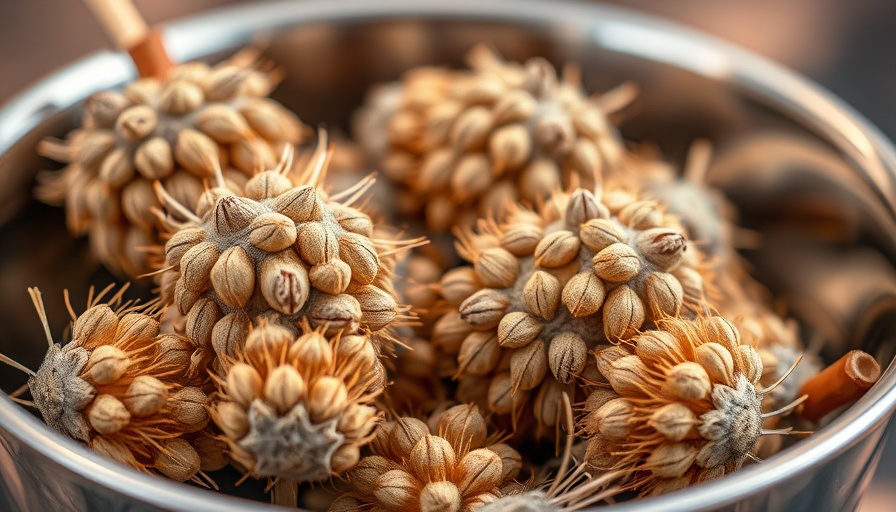
Understanding Squirrel Behavior: A Gardener's Perspective
If you're a gardener, the sight of squirrels raiding your carefully tended beds can be disheartening. However, understanding why squirrels are drawn to your garden is the first step in keeping them at bay. Squirrels, like other wildlife, are opportunistic. They come to gardens for food, shelter, and even play. Instead of viewing them solely as pests, consider them as part of your garden's ecosystem, which will help you create strategies that respect both your plants and local wildlife.
Six Natural Methods to Safeguard Your Garden
1. Cover Your Plants: Using physical barriers, such as floating row covers and bird netting, can effectively protect your plants from hungry squirrels. These materials allow sunlight and rain to nourish your plants while keeping squirrels out. Wrap chicken wire around your garden beds for added protection.
2. Install Motion Sensor Sprinklers: Squirrels are easily startled. By deploying motion sensor sprinklers, you can give them a gentle scare, usually sending them running after just a few encounters.
3. Maintain a Clean Garden: Garbage and compost piles can lure squirrels close to your plants. Tidying up any outdoor mess can drastically reduce the chances of a squirrel invasion. Store trash securely and check that compost is squirrel-proof.
4. Get a Dog: The presence of a pet can deter squirrels from entering your garden. Dogs are natural protectors, and their scents can send squirrels off to find food elsewhere.
5. Utilize Decoys: Placing owl or snake decoys can trick squirrels into thinking there are predators nearby. Often interspersed around the garden, these decoys can enhance the illusion of danger, reducing squirrel visits.
6. Create Homemade Deterrents: Spraying your plants with cayenne pepper spray or using other strong scents like peppermint oil can make them less appealing to squirrels.
Taking Proactive Steps for a Squirrel-Free Garden
Incorporating these strategies is not just about protecting your plants, but also about fostering a more harmonious relationship with the wildlife around you. As you create your garden sanctuary, consider balancing your desires with a little patience and understanding of the local ecosystem.
Being proactive and adopting these eco-friendly methods not only protects your plants but also enriches your gardening experience as you learn to coexist with nature. Happy gardening!
 Add Row
Add Row  Add
Add 




Write A Comment